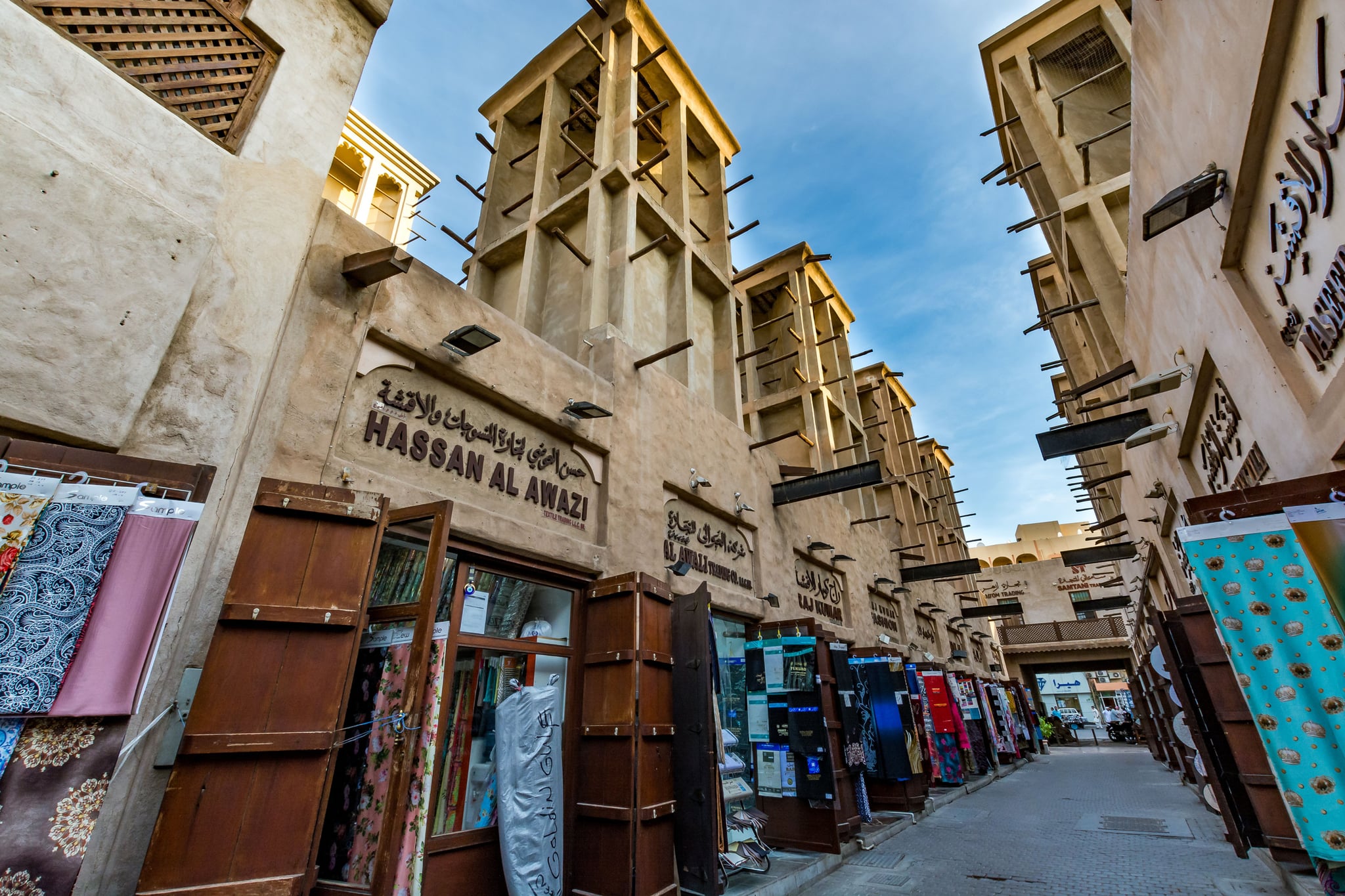 As a local Arabic speaker, i
As a local Arabic speaker, i
t’s spectacular and even gratifying to see expats converse Arabic. Generally, although, it is somewhat humorous. That is as a result of quite a lot of the time, guests and expats within the area will use sure phrases incorrectly. They usually combine the female and masculine nouns, however that is anticipated. All of us do this with languages that we’re not fluent in, and ultimately you get it proper.
To make issues extra sophisticated, a phrase or phrase utilized in one nation to explain one thing won’t be the identical phrase – nor will it essentially be utilized in the identical context, abroad (I do know, we now have points).
I’ve determined to reward your efforts by rounding up a listing of 10 generally used phrases with their right that means and the context through which they might be utilized in so that you simply sound like an area.
However first, understand that each single Arab nation has a unique dialect (spoken language) – some fairly comparable and a few vastly totally different (for instance, the dialect within the Levant area – Jordan, Lebanon, Syria, Iraq and Palestine are alike, whereas the GCC area’s dialect is comparable to one another however very totally different to the Levant). The one commonality is the written language, which is formal Arabic.
To make this straightforward (er), we’re preserving it fundamental.
1) Masha’allah vs. Insha’allah (Masha-al-laa vs insha-al-laa)
Pay attention up, as a result of the literal distinction between these two phrases is so minute and but the distinction in context is large. So, Masha ‘allah means “if God wills it.” It is utilized in response to one thing good taking place, or in reward, and even if you happen to do not wish to jinx one thing (sort of like saying, “contact wooden”.) Eg. “Your youngsters are lovely, Masha’allah”. Or; “I did properly in my examination” (to which the opposite particular person would reply with, “Masha’allah!”).
Insha’Allah means “God prepared.” Insha’allah is alleged whenever you’re hoping for one thing to occur. It refers back to the future. It is like saying, I will do my finest. For instance: “Insha’allah, I will go to my mother’s home tomorrow.” Nevertheless, it is also used as a approach to escape having to present a direct sure, no or perhaps reply. Eg. “Are you seeing your mother tomorrow?” To which you’d reply: “Insha’allah.”
2) Habibi (Hab-ee-bee)
Habibi means “my love” within the masculine kind, that means it is mentioned to males (for ladies, it is “habibty (hab-ib-tee)). The issue with this phrase, is that foreigners use it to check with each women and men on a regular basis. The truth is, they use it greater than Arabs do! In Levant international locations, it’s completely regular for males to make use of Habibi to handle different males. Nevertheless, within the GCC and Egypt for instance, it isn’t as widespread.
3) Eh vs. Shou (shoo)
“Shou” is “what” in Levant international locations whereas “eh” can be “what” in Egyptian. “Shou” is what I name a sentence enhancer. It is is utilized in nearly each sentence. It is used for saying: “what’s up?” it is also used earlier than the start of most sentences – simply because they prefer to mess along with your head. “Eh” means “what” in Egyptian. Solely use “eh” when you have not heard one thing somebody mentioned, or in shock (what?!).
4) Yalla (Yal-laa)
Yalla means “come on” in nearly all of the Arabic dialects. However can be can be utilized to say “hurry,” “let’s go”, “Let’s do it.” Or “Okay, then.” Eg: “Transfer it, yalla!”, “Yalla, see you tonight,” “Are you going tonight? Yalla, I will see you there.”
5) Aywa vs. Sah (Ay-waa, Saah)
Aywa means “sure” and “Sah” means “proper” in Egyptian. To reply a query sure, you say “aywa.” To concur with a press release, you say “sah.” Eg: “Did you see this film? Aywa.” Or, “You have seen this film, have not you? Sah?”
6) Sahtein (Sah-tane)
This actually means “two healths” within the Levant international locations and is alleged by somebody providing meals or being supplied meals, too. In Egyptian, the phrase is, “Bil hana will shiffa” (pronounced – bill-hannah-will-shiffa, that means “with pleasure and well being”). Within the GCC it is “Bilafya” (bil-aa-feeya). Funnily sufficient, bilafya in Moroccan is an insult, that means to sentence somebody to hell, whereas in Egyptian, it means “by power” – forcing one thing or somebody to do what you need.
7) Marhaba versus ahlan (mar-ha-ba vs. ah-laan)
“Marhaba” in most Arab international locations is “howdy.” In some international locations, it is “ahlan,” identical factor, alternative ways to say it, though within the Gulf and Levant they use “marhaba” over “ahlan” (which is extra Egyptian).
8) Bas (bes)
“Bas” means “cease,” “that is all,” and “however.” Fortunately for you it is utilized in all Arabic languages. Eg. “Cease it, bas,” or, “Bas? (That is it?)” and “Bas, I needed to see it.”
9) Regulation’samaht/Regulation’samahtey (Laaw-sam-aht (m) /Regulation-sam-ah-tee(f))
This actually translated means, “When you would please.” The primary is the male kind, whereas the second is the one you’ll use when addressing a feminine. It is mentioned in most Arabic dialects and used when politely asking for one thing. You’d use it at first of your sentence. Eg. If chatting with a person, you’ll say; “Regulation sam’aht, are you able to inform me what time the occasion begins?” Arabs additionally you “Min’ Fadlik (f)/Min’ Fadlak (m)” which implies, “along with your pleasure” and it is used for a similar objective as legislation’samaht and legislation’samahtey.
10) Al Hamdulillah (Reward be to God)
As most Arab international locations are predominantly Muslim, Al Hamdulilah is alleged for nearly all the pieces. It is used as an expression of aid, and a phrase of thanks. It is used precisely the identical approach as “thank God.”
=””>


